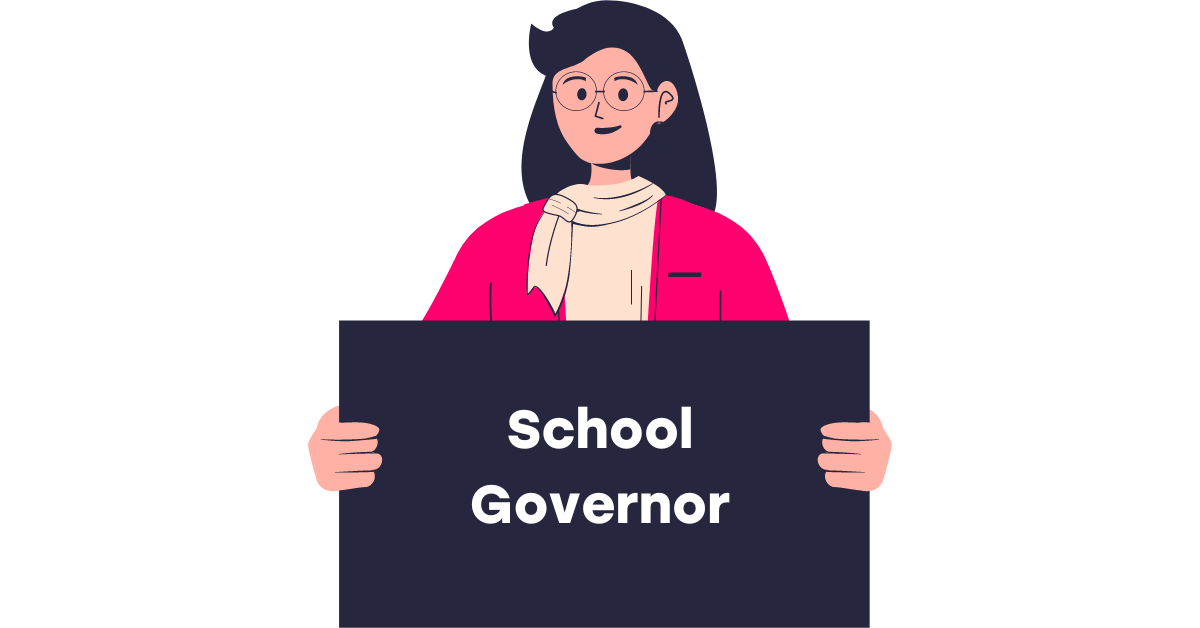
What do school governors actually do?
For the most part, school governors perform a ‘hands-off’ role. Day-to-day management decisions are the responsibility of the headteacher and other staff, with school governors focusing on strategic decisions and providing oversight.
A lot of your time as a school governor will be spent preparing for, and attending meetings. There are usually one or two meetings you’ll need to attend each academic term.

The role of a school governor during a school governing board meeting
At school governing board meetings, the role of a school governor is to…
- Ask questions – These should be questions that help to shine a light on performance, decision-making, and planning.
- Model the schools’ values – Making sure the schools values are upheld in every decision that is made.
- Offer support – When things have gone well, or if the school is facing challenges, a school governor should offer support.
- Challenge senior leaders – Where things have not gone so well or are not being addressed, it is the school governor’s responsibility to challenge senior leaders on their decision-making.
- Scrutinise – School governors should scrutinise. This includes the rationale for decisions and particular policies.
- Clarify – When there is uncertainty about a particular matter, the role of a school governor is to clarify.
- Seek assurance – Ensuring that duties are being met is a core part of being a school governor.
- Monitor data – When it comes to data relating to pupil, staff and financial performance, it is the responsibility of school governors to monitor this data.

The role of a school governor outside of school governing board meetings
School governors are also expected to complete other responsibilities outside of school governing board meetings. These include:
- Visiting the school – This allows school governors to find out more about areas of focus for the governing board.
- Engaging with stakeholders – This may include pupils, parents and other stakeholders to understand their views and experiences of the school.
- Acting as ambassadors – School governors are ambassadors for their school in the wider community. If something reflects badly on them, it also reflects badly on the school.
- Being a spokesperson for the school – Whilst this will usually be the responsibility of the chair of governors, sometimes this may fall to other school governors in specific circumstances.
- Representing the school on panels – This may include panels discussing topics such as recruitment, pupil exclusion, and staff disciplinaries.